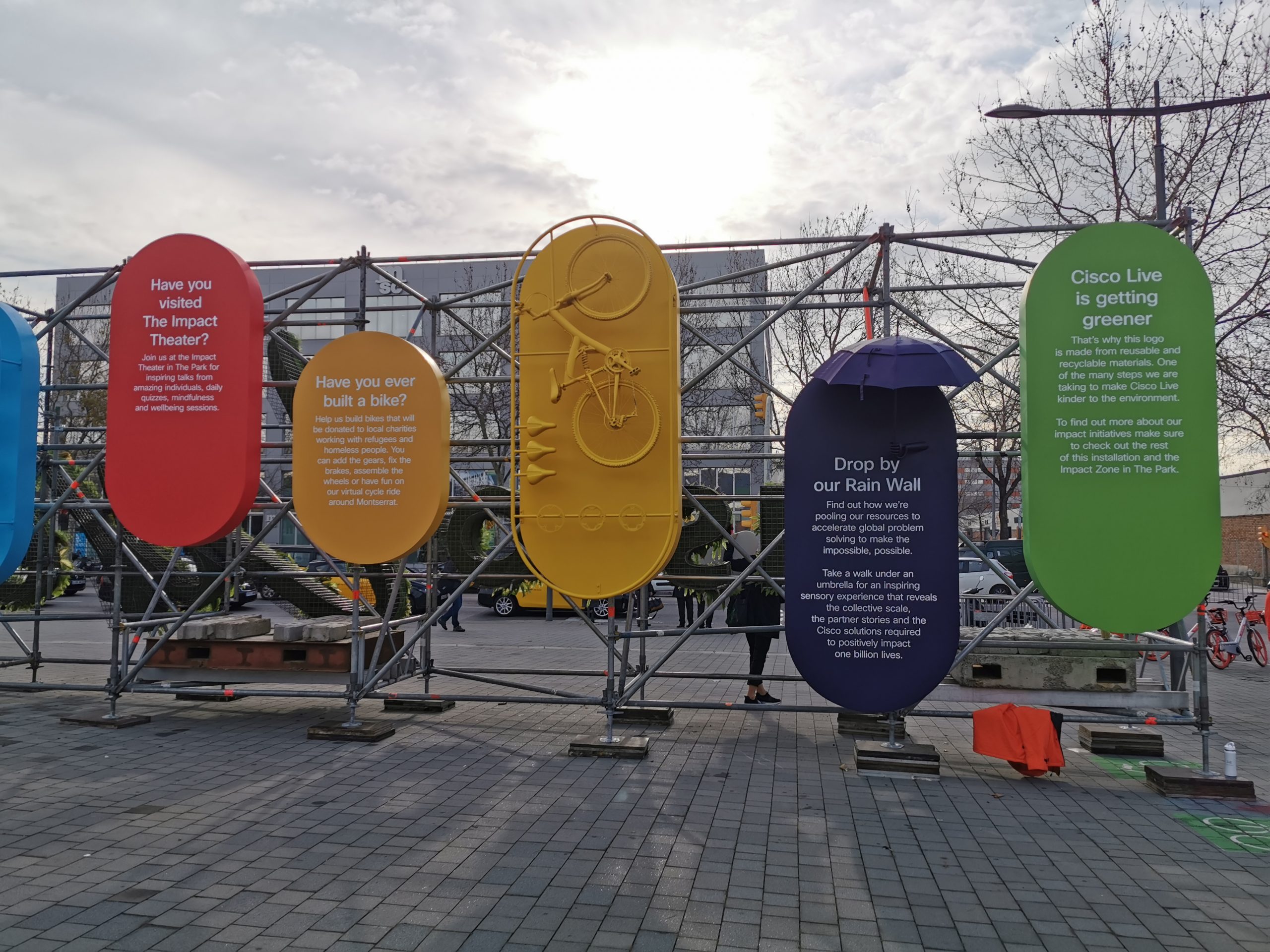How RACHEL was born
“We look holistically at what we’re doing with technology and how we can use it for good,” said Chintan Patel, chief technology officer for Cisco UK and Ireland. “Probably more importantly, we’re big believers as a company and as individuals that we should harness the power of connectivity and technology and deliver it to as many people as possible, because it can make the future better.
“But what we’re also acutely aware of is just providing connectivity, and just giving people that connectivity, won’t be enough. We need to provide the skills to be able to use that technology and do something with it, so that’s been the mission for our broader programs in the company.”
RACHEL wasn’t a Cisco project as such, but came about when a Cisco Systems engineer, Norberto Mujica, visited Ethiopia in 2008 to teach at a university. The establishment had a large number of computers – but no internet access. Mujica started with a simple solution: put together a collection of materials that could be stored on a server at the university, to give all students access to that content.
But when he returned to Ethiopia with three Cisco colleagues, they realised that the idea could benefit all children and students. They founded a non-profit organisation (NPO) called World Possible. The inspiration for the name was entirely local: any suggestion they made to Ethiopians for overcoming technical challenges was met with the phrase “Possible, possible”. That optimism inspired the team to take their vision global.
It wasn’t plain-sailing, though. Venture capitalist Jeremy Schwartz joined the team as a volunteer director and led a mission to Sierra Leone the following year. However, it ended in failure as the country was still recovering from the aftermath of its disastrous civil war.
But on the ground, RACHEL was quietly planting its own roots. It began taking off in Uganda, and media coverage of the initiative in that country revealed that there was still massive appetite for the solution. Schwartz quit his full-time job, and “rebooted” World Possible. Today it is active in 26 countries, including Namibia and a revived Sierra Leone roll-out.
While the project itself is not a Cisco initiative, the company has been fully supportive of its engineers’ participation. It is now funding a new project for World Possible that will allow the NPO to gather data from all of the RACHEL devices around the world. World Possible volunteers can visit a community with a RACHEL device, upload usage data from RACHEL devices onto Android phones, and aggregate it for analysis.
“This is an exciting next step for us,” said Schwartz. “It will allow us to analyse what is being used and bring that data back to the content providers.” That, in turn, will allow providers of free content to adapt and refine their material to better meet the needs of users.
Visit the next page to read about Cisco’s conservation initiatives, and how RACHEL works.
Pages: 1 2 3 4



















